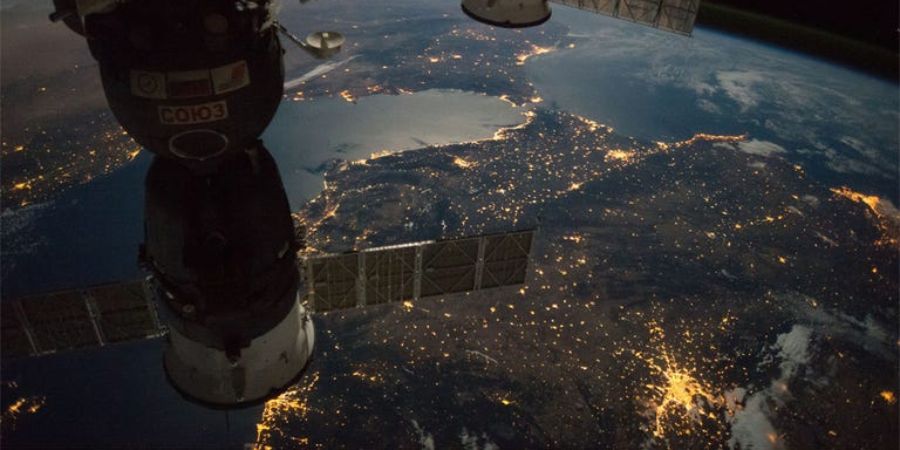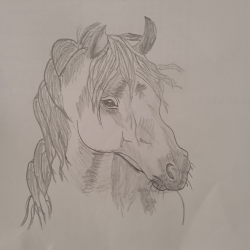

THE SPACE SHUTTLE PROGRAM.
NASA began the Space Shuttle Program in 1972, and it would last until 2011. Between 1981 and 2011, a thirty-year span, it launched over 300 astronauts into low-Earth orbit.
APOLLO 11.
Russian astronauts may have crossed the Karman line first, but NASA won the space race by being the first to land people on the moon. On July 20, 1969, humans set foot outside of Earth for the very first time.
CASSINI.
In 1997, NASA, the ESA, and the ASI jointly began the Cassini mission, which will terminate in 2017. Years spent studying the stunning gas giant not only produced some of the most stunning images of the solar system, but they also provided us with a plethora of information regarding Saturn and its moons.
JUNO.
We all hope that the Juno mission will accomplish for Jupiter what Cassini did for Saturn. The probe entered orbit on July 4, 2016, and it is planned to do several close flybys of the planet, gathering more information than ever before about the largest planet in our solar system and its moons.
NEW HORIZONS.
Due to its great distance from Earth in the solar system, Pluto has always been a mystery. In July 2015, the New Horizons spacecraft finally made contact with the dwarf planet's orbit after nine years in transit. We now have access to a lot of information that will enable researchers to continue their work for years.
THE HUBBLE TELESCOPE.
What a gift you have been, Hubble Space Telescope (a joint venture of NASA, the ESA, and the Space Telescope Science Institute). Since 1990, you have provided us with stunning, unheard-of photographs of the wonders of space from your location in low Earth orbit. The spacecraft Westerlund 2 was unveiled in 2015 to celebrate Hubble's 25th birthday.
VOYAGER.
Pluto may have taken nine years to reach, but the Voyager mission is even more ambitious, travelling outside the solar system while carrying data collection equipment and human history documents, such as the Golden Record (shown). The two Voyager probes were launched in 1977, and in 2012, data from Voyager 1 showed it had become the first artificial object to leave the solar system and go into interstellar space.
THE KEPLER MISSION.
Launched in March 2009, the Kepler spacecraft orbits the sun while scouring the night sky for exoplanets—planets outside our solar system—that might support life as we know it. These planets are similar in size to Earth, rocky (like Earth), and far enough from their star for liquid water to exist on their surfaces. 4,696 candidate planets and 2,330 confirmed Kepler planets that fit these criteria have been found so far by the mission.
THE MARS ROVERS.
Probes were sent to Jupiter, Saturn, Mercury, and Pluto. Mars now has rovers. We all watched in awe as Curiosity landed in August 2012, joining the Sojourner, Spirit, and active Opportunity rovers that first arrived in 2004 (and are still hard at work!). We now understand Mars so much better as a result of these rovers, and this knowledge gives us hope for a future manned mission.
THE INTERNATIONAL SPACE STATION.
Another joint venture involving five space agencies—NASA, Roscosmos, JAXA, the ESA, and the CSA—is the International Space Station. Since it began operations in 2000, this station in low-Earth orbit has allowed people to travel to space and carry out experiments. It's an amazing example of peer collaboration and has advanced research on Earth conditions below as well as the study of microgravity.












